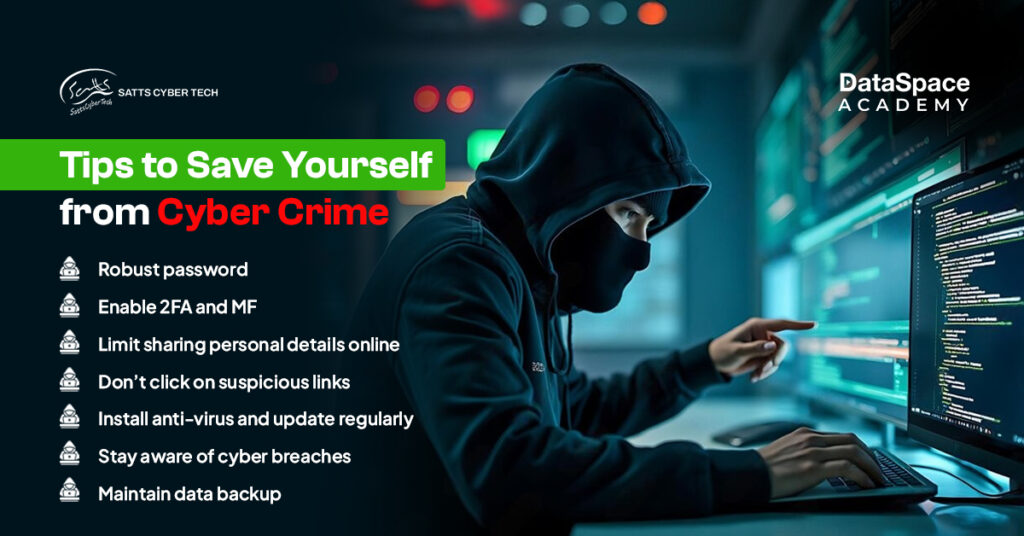With rising instances of cyber scams bombarding the daily headlines,
prevention of cybercrime is the priority before the consequences strike harder.
How frequently have you received emails offering cash or prizes with clickable links? Ample, right? Well, most of these are frauds.
Millions globally are tricked by online fraud; as cyber threats grow more sophisticated, hackers are being able to target even the most tech-savvy users. Before you become a victim of these harmful schemes, we present a complete guide to outsmarting scammers and securing your digital credibility.
The rise in cyber scams is alarming, with a significant increase in online fraud cases.
According to reports, India saw a 500% rise in cybercrime during the COVID-19 pandemic, and the threat continues to grow. Criminals use tactics such as phishing, fake tech support, and investment scams to deceive users.
One of the best ways to
prevent cybercrime is to stay vigilant and diligently implement advanced security measures like two-factor or multi-factor authentication. You should also be careful enough not to a click on random or suspicious links.
Here is an overview of the growing instances of worldwide cyber scams:

Cybercrime is evolving fast, making it essential for you to stay vigilant. One of the most practical ways to avoid getting scammed is to understand a scammer’s mindset and execution techniques.
Here we are serving 9 common signs of cyber scams:
By following these tips, you can take active participation in
cybercrime and prevention and identify scammers before they can dupe you.

To safeguard yourself from cyber crimes, there are several effective ways to prevent cybercrime that you can adopt to stay scam-safe in today’s evolving digital landscape.
In today's digital landscape, the rise of cybercrime underscores the urgent need for robust cybersecurity measures. This escalating threat presents exciting career opportunities for aspiring security professionals. By enrolling in industry-leading
cybersecurity courses online, individuals can equip themselves with the skills needed to combat cyber threats and safeguard our digital future.

 Cybercrime is evolving fast, making it essential for you to stay vigilant. One of the most practical ways to avoid getting scammed is to understand a scammer’s mindset and execution techniques.
Cybercrime is evolving fast, making it essential for you to stay vigilant. One of the most practical ways to avoid getting scammed is to understand a scammer’s mindset and execution techniques.
 To safeguard yourself from cyber crimes, there are several effective ways to prevent cybercrime that you can adopt to stay scam-safe in today’s evolving digital landscape.
To safeguard yourself from cyber crimes, there are several effective ways to prevent cybercrime that you can adopt to stay scam-safe in today’s evolving digital landscape.
